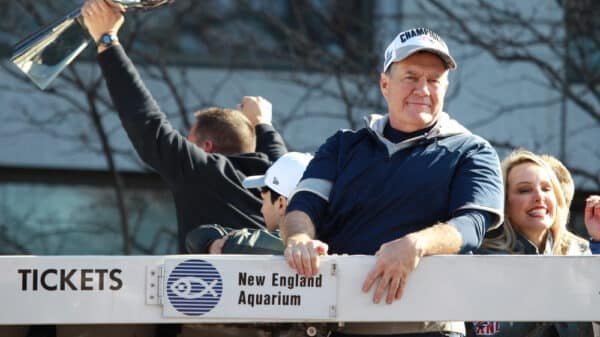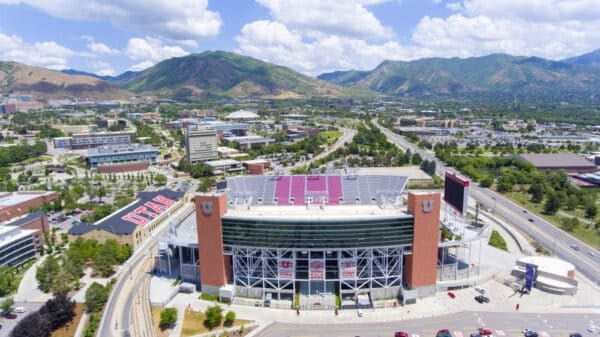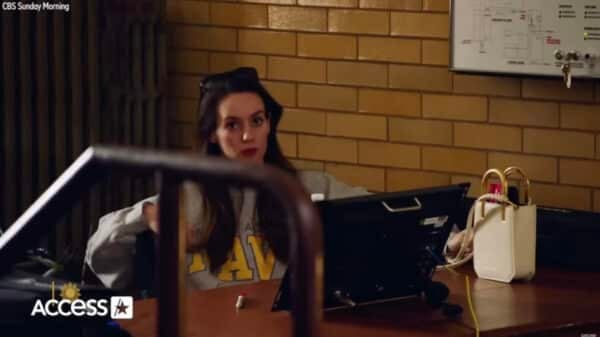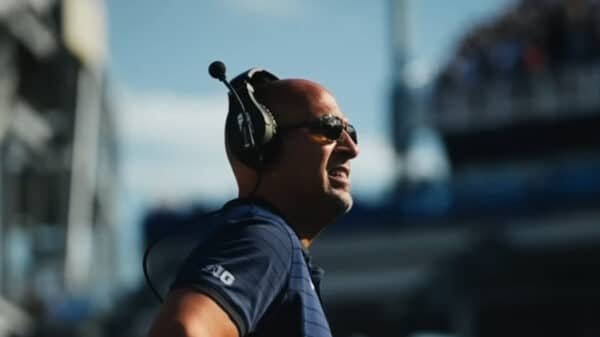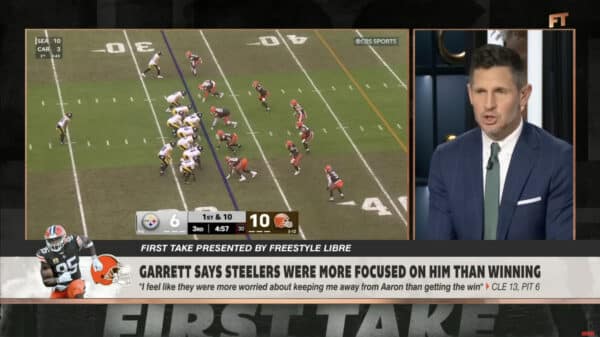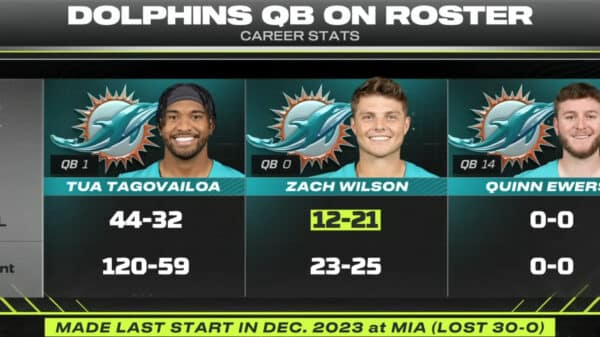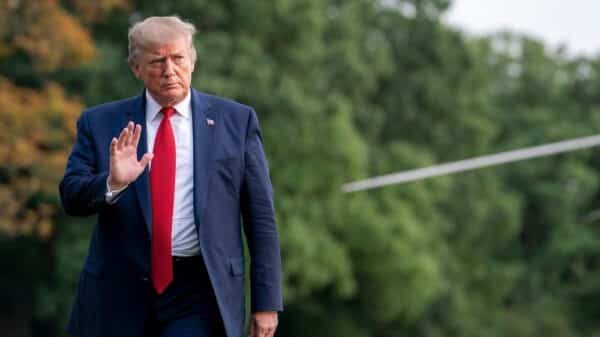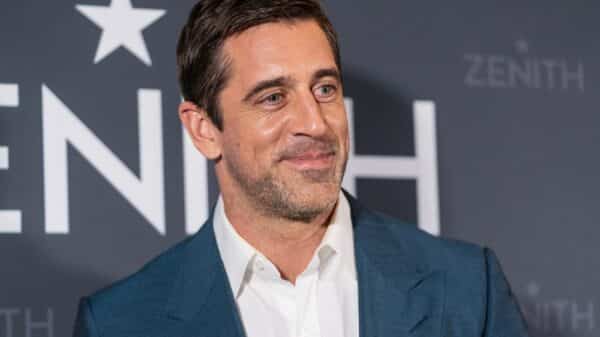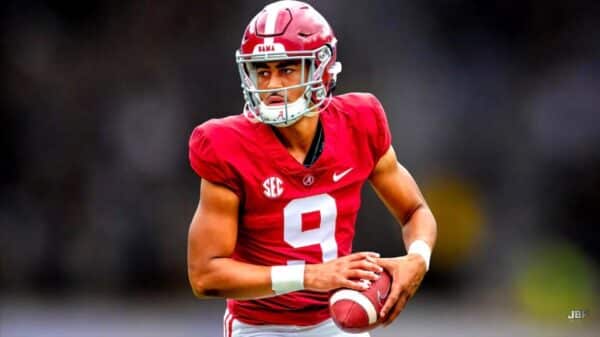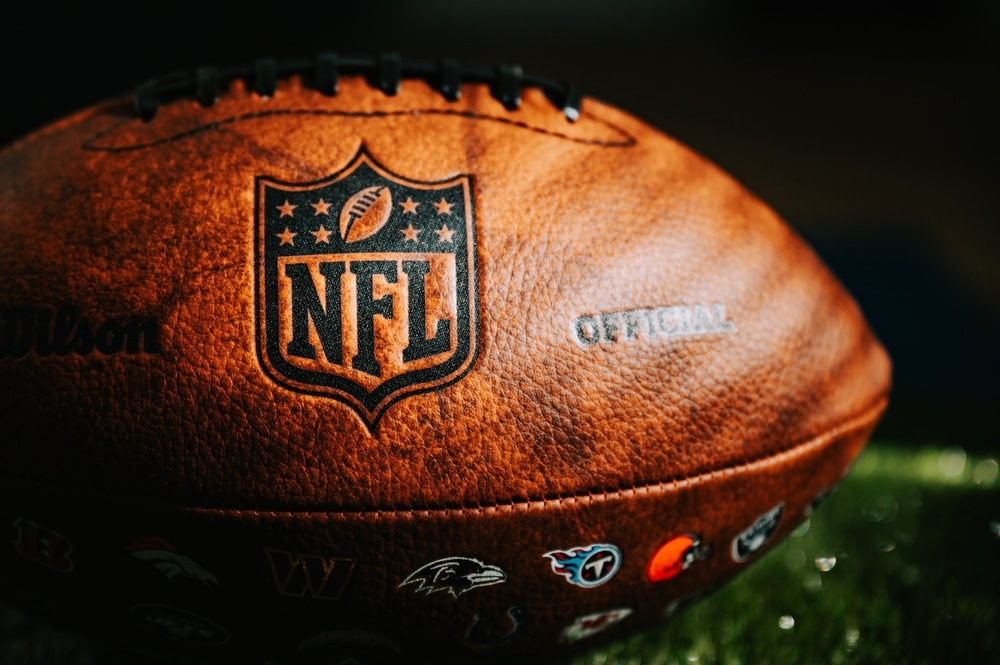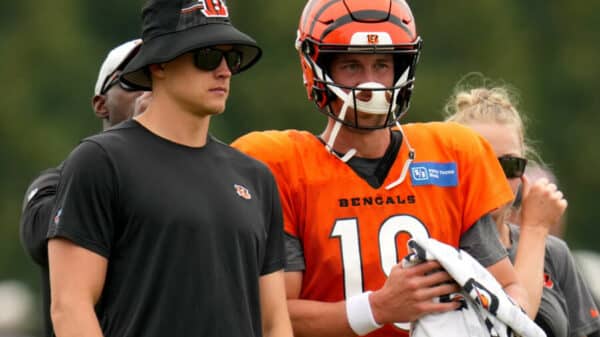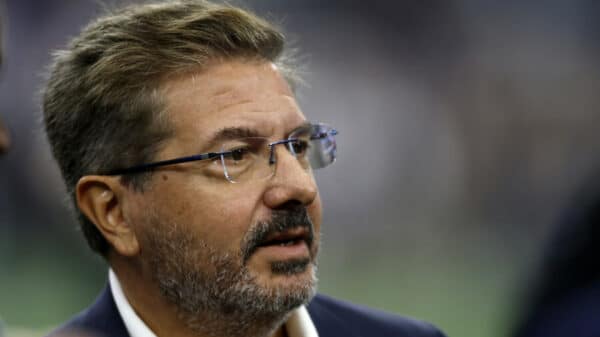In the face of wildfires still engulfing Los Angeles, the NFL found itself in an unprecedented situation, forcing a shift of the upcoming wild card playoff game between the Los Angeles Rams and the Minnesota Vikings from SoFi Stadium to State Farm Stadium in Glendale, Arizona. This decision, announced on Thursday, was grounded in serious public safety concerns; the league recognized the detrimental effects of poor air quality and the undue strain playoff events could place on local law enforcement and firefighting resources already stretched thin by the crisis.
You might be wondering, why does this matter? It’s not just about a game being moved; this event holds historical significance. It’s been nearly a century since a postseason game was relocated—back in 1936, ticket sales for the National Professional Football League championship in Boston were so mediocre that the game was shifted to New York. This recent decision reiterated how pivotal it is for the NFL to prioritize the well-being of communities over fanfare, especially during such trying times.
For fans who had already planned their Monday night at SoFi Stadium, the NFL had a clear policy in place: they could opt for a refund or choose credit towards future events. Those eager to witness the action live still got a chance, as tickets became available for purchase shortly thereafter. Season ticket holders got first dibs, followed by the general public. In just two short hours, over 52,000 tickets were sold, with approximately 35,000 going to Rams season ticket holders alone. As part of the logistical arrangement to ease the transition, the Rams organized bus transportation directly from SoFi Stadium for fans attending the Glendale game.
It’s a bittersweet situation—businesses that would have benefited from local spending in LA now face a reality where the anticipated economic boost will likely happen in Arizona instead. “The gate was set to be substantial in LA, and it’s going to be significantly lower here at State Farm Stadium,” noted Marc Ganis, president of SportsCorp. The reality is, even though NFL teams ruminate over ticket sales, concessions, and parking revenue, for the Rams, those figures might not be as transformative as anticipated.
While the loss of local revenue will certainly be felt, it’s important to note that the Rams, as the second most valuable team in the NFL—with an impressive revenue of around $800 million for 2023—are likely not worried about a single game day generating a million or two. In comparison, they are privileged enough to streamline logistical issues when shifting playoff games, which is seen as more of a bonus rather than a disruption.
The Cardinals, displaying sportsmanship despite the challenging circumstances, have provided significant support to the Rams—from team planes to access to their training facilities—showcasing how intertwined the NFL community can be when necessary.
As the Glendale region prepares for the influx of fans, local businesses can expect to see an economic boost. Historically, home playoff games have drawn substantial local spending, and with two teams’ fanbases converging, even Arizona’s lack of local excitement from the Cardinals could be overshadowed. After all, it’s been quite some time since the Cardinals hosted a playoff game—back in 2015, to be exact.
On the sponsorship front, the visibility advantage for companies like State Farm—despite their recent controversies in California insurance policies—could also serve as a silver lining amidst the devastation. However, California stands to miss out on nearly $1 million in income taxes from players due to their presence in Arizona instead. With a much lower tax rate compared to California’s top rate of 12.3%, those funds will remain in the players’ pockets, a minor yet pivotal win during these tough times.
The NFL’s revenue pool, heavily bolstered by media agreements, highlights the importance of playoff games within their financial ecosystem. As part of this intricate web, the stakes are notably higher; for instance, Amazon is reportedly investing $150 million into streaming its wild card game. Come Monday, fans will have access to the game across multiple platforms, including ABC and ESPN, ensuring that the excitement, regardless of venue, remains palpable.
On the philanthropic side, the NFL is stepping up. Affiliates have pledged a remarkable $5 million to support those suffering from the wildfires, with significant contributions from both the Rams and the Vikings. Meanwhile, the economic toll from these wildfires weighs heavily on the state—a staggering total estimated to exceed $50 billion, with the tragedy of lives lost creating an emotional urgency behind the situation.
For game day excitement, both the LA Chargers and Rams will don custom apparel with proceeds benefiting local charities, and a nearby venue will host watch parties with all revenue directed toward fire relief efforts.
This is more than just a game being relocated; it’s an effort that underscores resilience in the face of overwhelming adversity. The NFL community is alive and ready to remind each other that through every turbulent twist and turn, we stand together, united—not only as fans but as neighbors seeking to uplift those affected by adversity.

